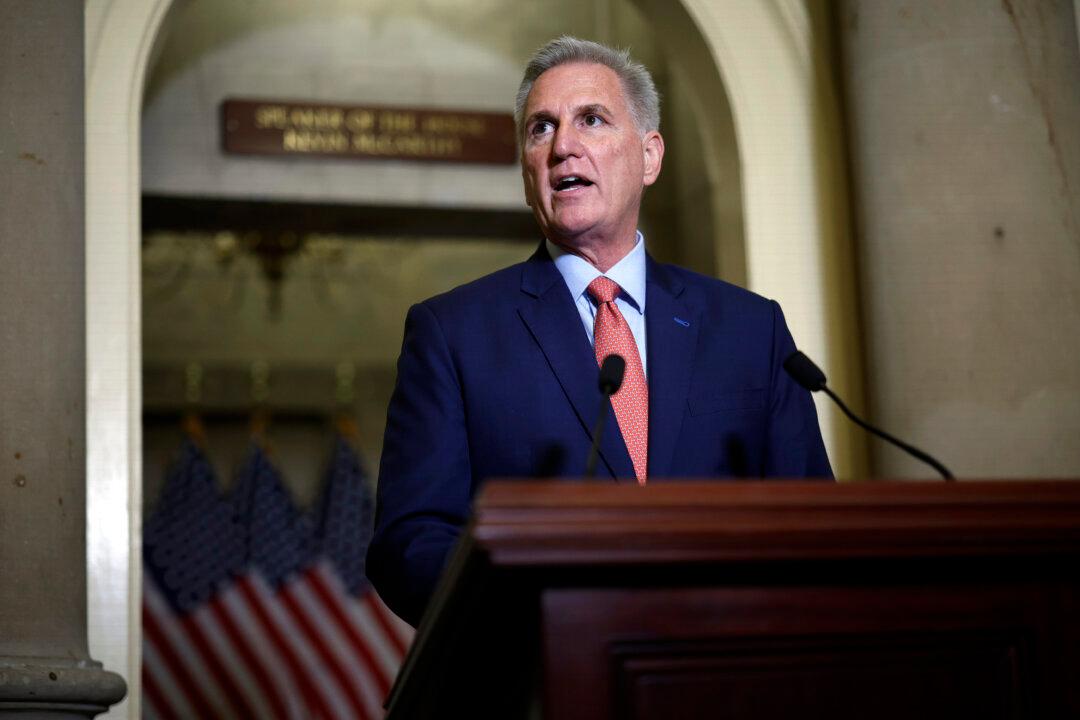Republican leaders in the House of Representatives have announced some of the next steps in the impeachment investigation into the activities of President Joe Biden.
Oversight Committee Chairman James Comer (R-Ky.) announced on Sept. 13 that his committee would hold a hearing on the matter next month. Mr. Comer has been tasked with leading the overall investigation in cooperation with Reps. Jim Jordan (R-Ohio) and Jason Smith (R-Mo.), who chair the Judiciary Committee and Ways and Means Committee, respectively.





